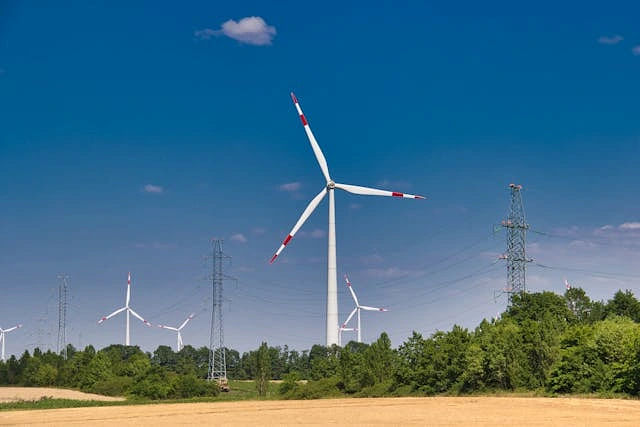
Education is the process of facilitating learning, acquiring knowledge, skills, values, beliefs, and habits. It is a lifelong journey that shapes individuals and societies, enabling them to navigate the complexities of the modern world. Understanding the essence of education requires exploring its various dimensions and the impact it has on personal and collective development.
What is Education?
Education is derived from the Latin word educare, which means “to bring up” or “to train.” At its core, education involves the transfer of knowledge and skills from one generation to the next. It encompasses formal settings such as schools and universities, as well as informal settings like life experiences, mentorship, and self-study.
Key Elements of Education
- Knowledge Acquisition
Education is the cornerstone of acquiring factual and theoretical knowledge about the world, spanning subjects like science, history, literature, and mathematics. - Skill Development
Beyond knowledge, education equips individuals with practical skills such as critical thinking, communication, problem-solving, and creativity. - Character Building
Education instills values, ethics, and a sense of responsibility, shaping individuals into productive and conscientious members of society. - Socialization
Through education, individuals learn to interact and collaborate with others, fostering cultural understanding and community engagement.
Types of Education
1. Formal Education
This is structured and systematic learning delivered in institutions like schools, colleges, and universities. It is categorized into stages such as primary, secondary, and tertiary education.
2. Informal Education
Informal education occurs outside traditional classroom settings, such as through life experiences, self-study, or interactions with peers and mentors.
3. Non-Formal Education
This includes organized learning activities outside the formal education system, like workshops, vocational training, and adult education programs.
The Purpose of Education
1. Personal Development
Education enables individuals to unlock their potential, discover their passions, and build confidence in their abilities.
2. Professional Growth
Education prepares individuals for the workforce by equipping them with relevant skills and qualifications.
3. Societal Progress
An educated society is better equipped to tackle global challenges, innovate, and sustain economic growth.
4. Empowerment
Education empowers individuals to make informed decisions, understand their rights, and contribute positively to their communities.
The Role of Education in Modern Society
1. Bridging Inequalities
Education acts as a tool for social mobility, offering opportunities for individuals regardless of their socioeconomic background.
2. Promoting Innovation
By fostering curiosity and critical thinking, education drives technological advancements and innovation.
3. Cultivating Global Citizens
In a globalized world, education helps individuals appreciate cultural diversity and develop a sense of global responsibility.
Challenges in Education
Despite its importance, education faces significant challenges, including:
- Access Disparities: Millions of children and adults worldwide lack access to quality education.
- Quality Concerns: Inconsistent educational standards lead to varying outcomes.
- Technological Gaps: Unequal access to technology hinders digital learning opportunities.
Conclusion
Education is a powerful tool for transforming lives and societies. It is more than just an accumulation of knowledge; it is a holistic process that empowers individuals, promotes innovation, and fosters societal harmony. By prioritizing accessible and high-quality education, we can create a world where everyone has the opportunity to thrive and contribute to a better future.



